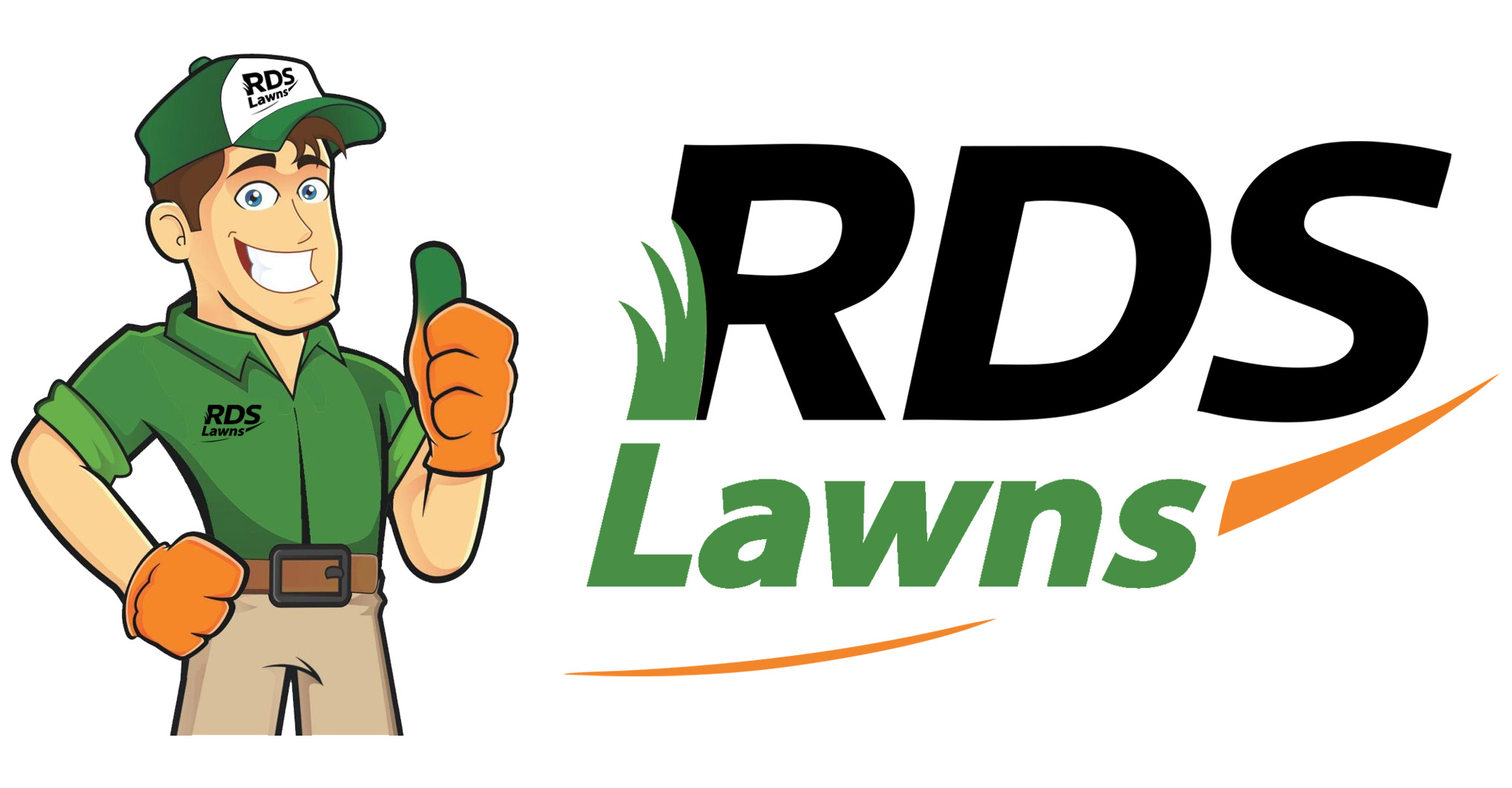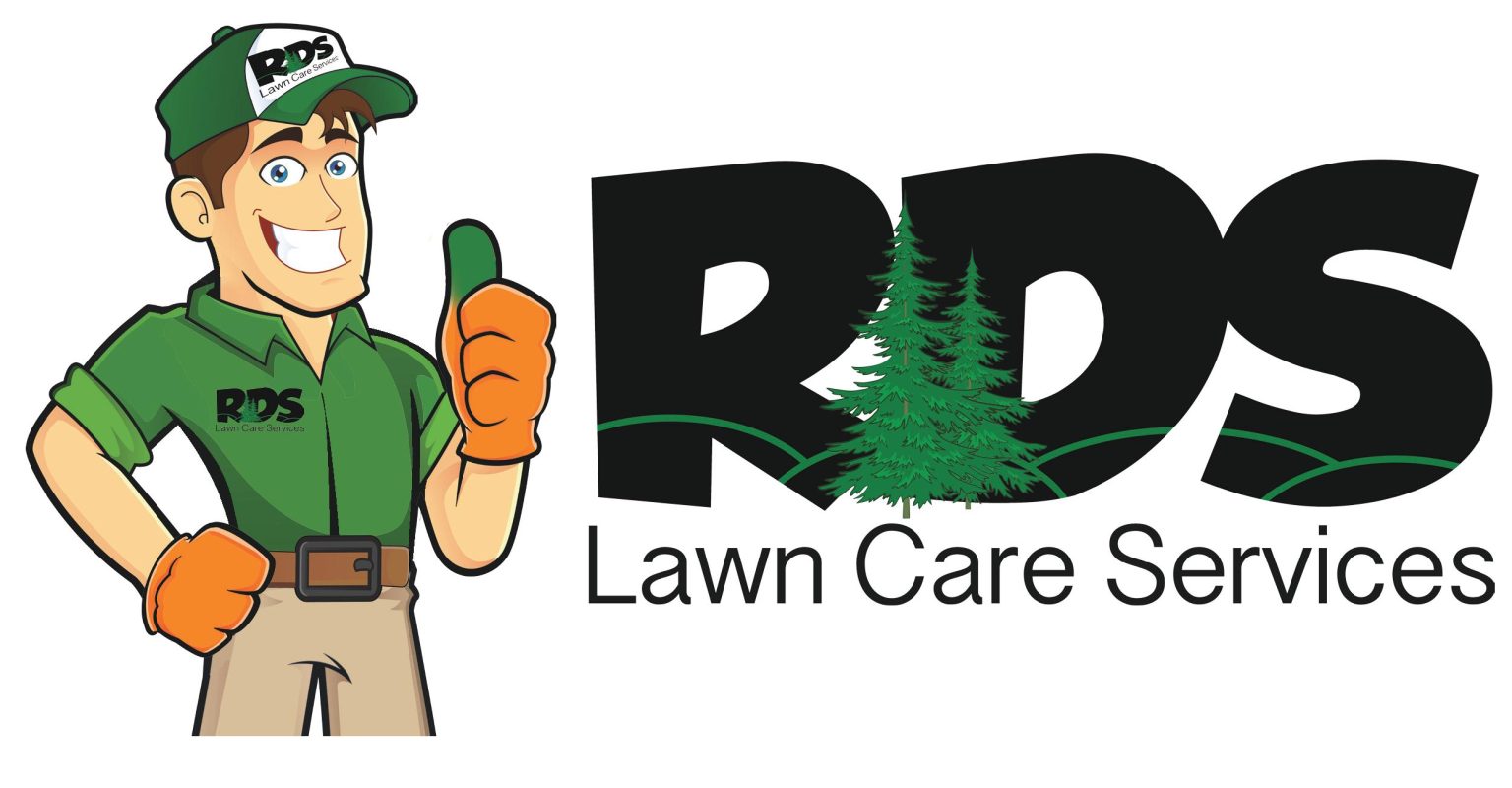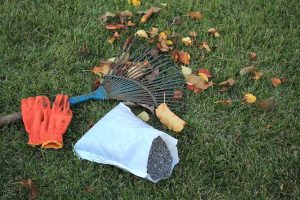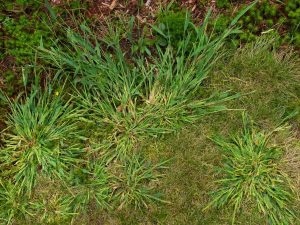Fleas may be small, but they can cause major headaches for homeowners, pet lovers, and anyone who enjoys spending time outside. These tiny insects thrive in yards and easily hitch a ride indoors via your pets, shoes, or clothing. We understand how frustrating flea infestations can be. In this guide, we’ll explain how to control fleas in your yard using proven prevention methods, effective treatments, and long-term lawn care strategies suited for the Charlotte, NC, climate.
Why Fleas Are a Problem in the Yard
Fleas are more than just a nuisance. They can affect your entire household, both pets and people.
Many homeowners overlook the fact that fleas begin their life cycles outdoors. That means your lawn could be the source of recurring indoor infestations.
Fleas feed on the blood of animals, and their bites can cause itching, allergic reactions, and even skin infections. Pets are particularly vulnerable.
A single flea can lay up to 50 eggs a day, and those eggs often drop off into your yard where they hatch and mature. Humans aren’t immune either. Flea bites can cause discomfort, red welts, and in rare cases, transmit diseases like typhus or tapeworms.
Maintaining a flea-free yard is critical if you want to protect your home, your family, and your pets from these fast-breeding pests.
Signs of a Flea Infestation in Your Yard
Catching a flea problem early can make a big difference in treatment success. There are a few telltale signs to look out for in your lawn.
Unusual Pet Behavior
If your pets are constantly scratching or seem restless, it might not just be an indoor issue. Fleas in the yard can easily latch onto pets and be carried into your home.
The White Sock Test
One common way to check for fleas is the white sock test. Walk slowly around your yard, especially in areas where your pets rest or play, while wearing tall white socks. Fleas are attracted to warmth and movement and may jump onto your socks, making them easier to spot.
Flea Dirt and Larvae
Another sign is the presence of “flea dirt,” which looks like black specks on your pet’s fur or around outdoor bedding areas. Flea larvae may also be found in moist, shady spots where organic matter collects.
Bring Real Change with Personalized Lawn Care
Expert lawn care services tailored for your home—reliable, eco-friendly, and affordable. Start transforming your yard today.
What Attracts Fleas to Your Lawn
Knowing where fleas hide helps you plan better prevention strategies. Yards can easily become flea hotspots if conditions are favorable.
Shade and Moisture
Fleas prefer moist, shady environments with plenty of organic debris. Tall grass, leaf litter, and overgrown shrubs offer the perfect conditions for them to thrive.
Pet Resting Areas
Areas where your pets rest—under decks, around kennels, or in outdoor bedding spots—are prime flea habitats.
Wildlife Activity
Wildlife activity can also bring fleas into your yard. Squirrels, raccoons, stray cats, and opossums are all common flea carriers. These animals may pass through or nest nearby, leaving fleas behind in the soil.
How to Get Rid of Fleas in the Yard Naturally
If you’re looking for safer, chemical-free approaches, there are several natural options to help manage fleas in your yard.
Essential Oils
One effective option is using essential oils. Fleas dislike the scents of cedarwood, peppermint, and lavender. Mix a few drops with water and spray around flea-prone areas. Just be cautious with pets, as not all essential oils are safe for animals.
Diatomaceous Earth
Diatomaceous earth is another natural treatment. This fine powder is safe for people and pets but deadly to fleas. It works by dehydrating the fleas’ exoskeletons. Apply it to shady areas, pet hangouts, and other suspected flea hotspots. Be sure to use food-grade diatomaceous earth and reapply after rain.
Beneficial Nematodes
You can also introduce beneficial nematodes to your lawn. These microscopic worms feed on flea larvae in the soil. Available at many garden centers, they are safe for the environment and highly effective in humid conditions like we often have in Charlotte.
Yard Maintenance Tips to Prevent Fleas
A clean, well-kept lawn makes it harder for fleas to thrive. Here are some steps to improve your yard’s resistance to infestation.
Mow Regularly
Start by mowing your lawn regularly. Shorter grass allows more sunlight to reach the soil, which fleas dislike. Avoid scalping your lawn, but do keep the grass trimmed to reduce shade and shelter.
Remove Debris
Rake leaves, remove yard debris, and clean up under bushes or around sheds. Fleas often hide in these undisturbed areas. Pruning trees and shrubs can also increase airflow and sunlight, making the space less hospitable for fleas.
Discourage Wildlife
If wildlife is contributing to the flea problem, take steps to keep them out. Secure trash bins, avoid leaving pet food outside, and consider fencing off vulnerable areas to discourage visits from wild animals.
Yard Flea Control Products That Work
In some cases, natural remedies and good yard habits aren’t enough. That’s when flea-specific yard products come into play.
Insect Growth Regulator (IGR) Sprays
Sprays that contain insect growth regulators (IGRs) are particularly effective. These ingredients disrupt the flea life cycle by preventing eggs and larvae from maturing. Many yard sprays attach to your hose and are easy to apply across larger areas.
Granular Treatments
Granular flea treatments are also available and work well for spot treating flower beds, mulched areas, and spaces under porches. Be sure to follow label instructions closely and reapply as needed, especially after heavy rainfall.
Choose Pet-Safe Products
Always choose pet-safe options when treating areas where your pets spend time. Keep pets and children off treated areas until the product has fully dried or absorbed.
Bring Real Change with Personalized Lawn Care
Expert lawn care services tailored for your home—reliable, eco-friendly, and affordable. Start transforming your yard today.
How Professional Flea Control Works
Sometimes, professional help is the most efficient way to get rid of fleas in your yard. At RDS Lawn Care, we offer flea and other insect control services designed specifically for yards in the Charlotte area. Our treatments are safe, effective, and tailored to local weather patterns and lawn types.
Our technicians begin with a thorough inspection to locate breeding sites and high-risk areas. Then, we apply targeted treatments using insecticides with IGRs to stop fleas at every stage of their life cycle. If your lawn has been damaged by flea activity, we can also provide overseeding or aeration services to help it recover.
We focus not just on eliminating the current infestation, but on preventing future problems by advising on long-term maintenance and treatment scheduling.
When to Call RDS Lawn Care
If you’ve tried natural solutions or store-bought products without success, it may be time to call in the pros. Fleas reproduce rapidly, and once they take hold in your yard, they can be difficult to eliminate without expert help.
You should also contact us if you notice repeated infestations despite treating your pets, or if fleas are spreading to multiple areas of your property. Our team can evaluate the situation and recommend the best path forward.
Year-Round Lawn Pest Protection Plan
The best way to deal with fleas is to prevent them in the first place. That means maintaining a healthy lawn and staying ahead of pest problems year-round.
Our lawn care programs are designed to improve your lawn’s resilience and reduce pest risks. Services like fertilization, aeration, and weed control all contribute to stronger turf that is less attractive to fleas and other pests.
We also offer seasonal pest monitoring and treatment schedules to keep fleas, ticks, mosquitoes, and other lawn pests under control throughout the year.
Final Thoughts: Creating a Flea-Free Outdoor Space
Fleas can turn your yard from a relaxing retreat into a pest-ridden problem. But with the right combination of lawn care, flea prevention, and professional treatments, you can take back your outdoor space.
At RDS Lawn Care, we help homeowners across Charlotte keep their lawns healthy and their families protected. If you’re dealing with fleas or want to prevent them before they become an issue, we’re here to help.
Frequently Asked Questions
How do I test for fleas in my yard?
Try the white sock test or look for signs of flea dirt and larvae in shaded, pet-frequented areas.
What kills fleas in the yard instantly?
Cedar-based sprays and chemical treatments with IGRs offer fast knockdown of fleas.
How often should I treat my yard for fleas?
Monthly during peak seasons, or more frequently if you live in a humid climate like Charlotte.
Are natural flea treatments effective?
Yes, especially when combined with good lawn maintenance and other preventive measures.
Can fleas live in short grass?
They prefer taller, shaded grass, but they can still survive in other yard debris or moist soil.
Should I treat my pet before treating the yard?
Yes. It’s best to treat pets and your home before moving on to outdoor control.




